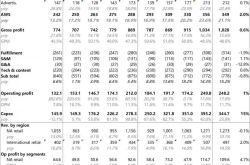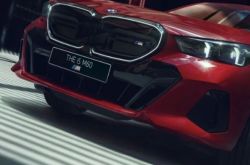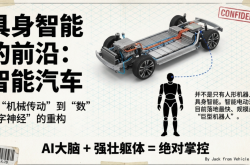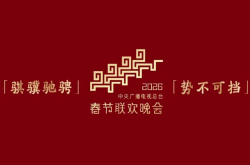Can BMW Sustain Momentum in China's Competitive Market Under Pressure?
![]() 12/12 2024
12/12 2024
![]() 553
553
BMW recently unveiled a limited-time, limited-quantity promotion for the i3, offering a bare car price of 159,000 yuan, marking a new low for the brand.
BMW has been progressively reducing prices. The current market price for the 2024 BMW i3 stands at roughly 200,000 yuan, a significant discount of 150,000 yuan from its original starting price of 350,000 yuan, making it an attractive option.
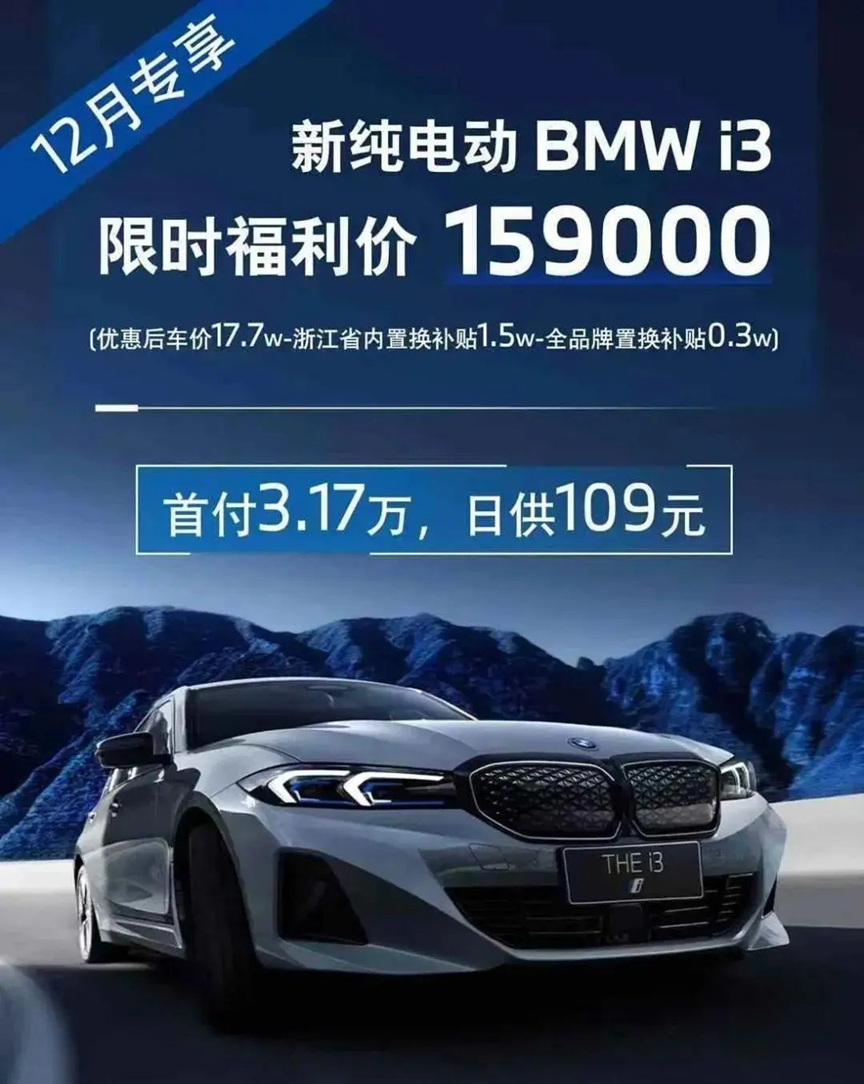
Initially, BMW sought to avoid the price war and challenge the Chinese market alone. However, harsh realities shattered this dream. In June, BMW i3 sales peaked at nearly 7,000 units, but after opting out of the price war, sales plummeted to 2,144 units despite a minimal price increase. Subsequently, the price of BMW i3 fell once more.
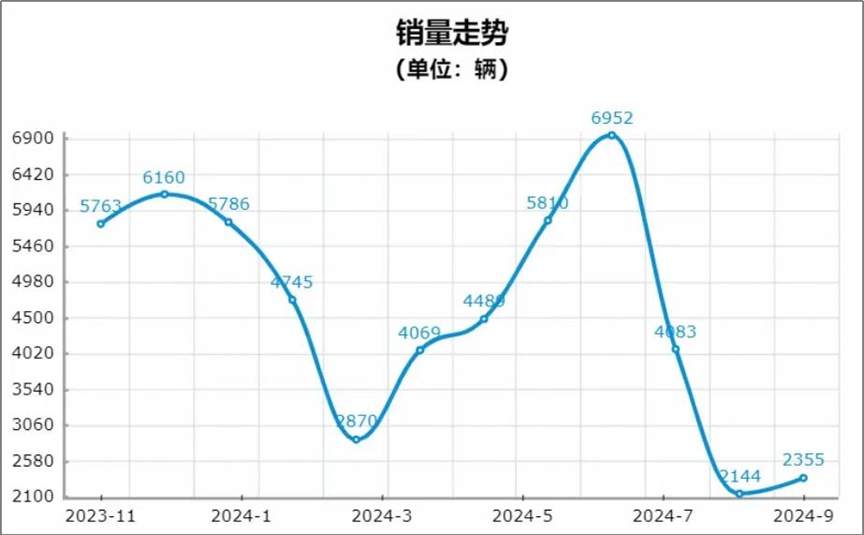
Amid the current wave of electrification, features like large batteries, intelligent driving assistance, smart cabins, and large screens have become increasingly important to Chinese consumers. Once prestigious luxury brands are gradually losing their appeal, with their electric vehicles often perceived as "generic" by consumers. Moreover, the price war in China's automotive market is intensifying, forcing many overseas luxury brands to offer significant discounts to ensure sales, making price competition a crucial factor.
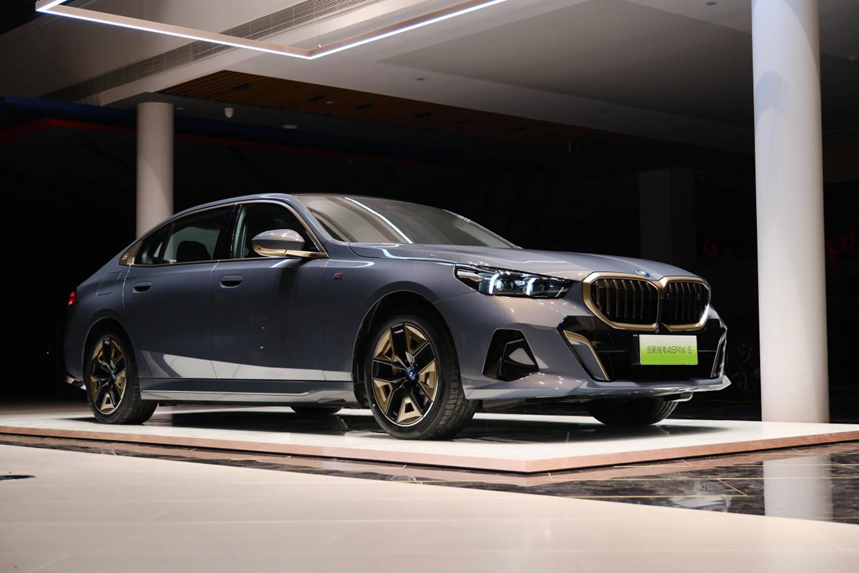
However, BMW faces challenges beyond just discounting electric vehicles in the Chinese market. Today, new energy passenger vehicles account for over 50% of sales in China's automotive market and continue to rise. Consequently, the market share of traditional fuel vehicles is declining, intensifying internal competition, including in the luxury vehicle segment. Many luxury brands, including BMW, heavily rely on fuel vehicles for sales. Amid fierce competition, luxury brands have resorted to price reductions to maintain market share, but for dealers, these reductions mean financial losses. Higher sales equate to greater losses, while failing to meet sales targets also incurs costs related to stores, personnel, and other aspects, exacerbating the situation. Facing huge losses, many dealers have been forced to exit the market. Recently, several BMW dealers, including Xingdebao, a BMW 5S dealership, have chosen to close their stores.
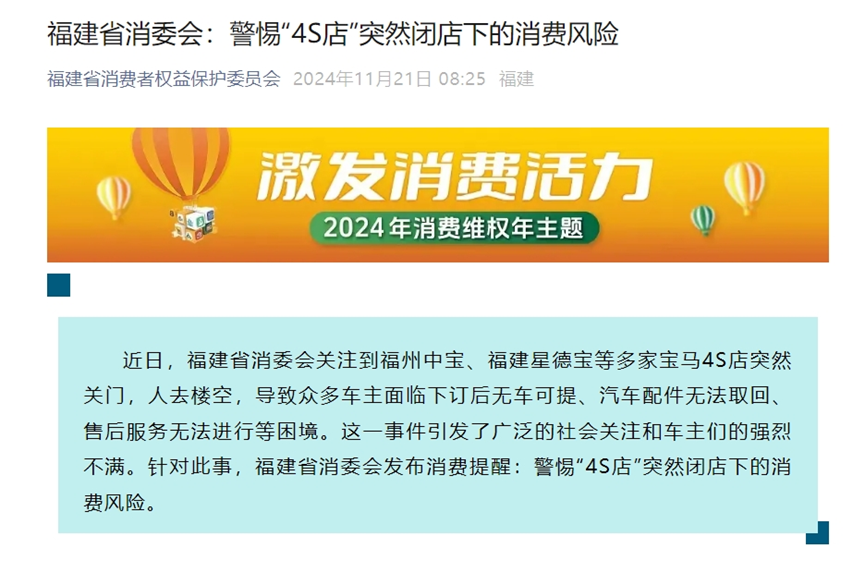
Notably, BMW has recognized existing issues and made adjustments. Starting from January 2025, BMW will produce the new BMW 5 Series equipped with the "Vehicle-to-Everything (V2X)" module, integrating vehicle, road, and cloud technologies. In 2026, BMW's Tiexi plant in Shenyang will roll out the first locally produced electric vehicle of the new generation. This new electric vehicle is expected to change the market's perception that BMW's electric models are merely "oil-to-electric" conversions. Additionally, the launch of new products aims to address BMW's shortcomings in intelligent and competitive electric vehicle models.
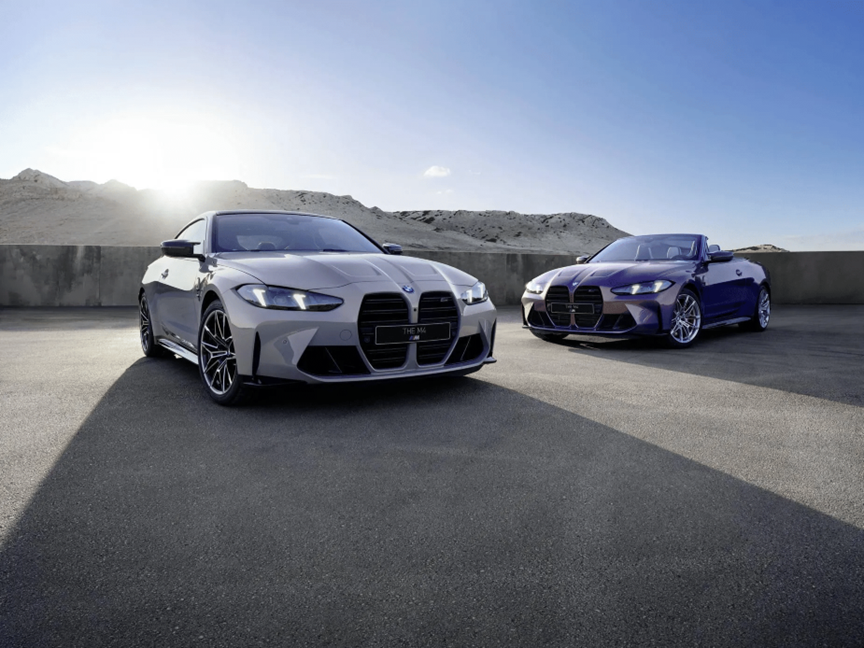
As latecomers in electrification, overseas automakers significantly lag behind Chinese local automakers in both battery-electric technology and intelligence. Even now, when discussing overseas automakers' electric vehicles, consumers often dismiss them as "generic." It may not be easy for BMW to break this stereotype. In the current Chinese automotive market, predicting the future of electric vehicles is challenging, and it remains uncertain whether BMW's new models can turn the tide. At least until 2026, BMW may continue to face an awkward period.
(Images sourced from the internet. Please contact us for removal if there are any infringements.)

